
The associations, while modest, were not strong enough to be accurately used as predictors of outcome, but the findings offer value for pediatric care.

The associations, while modest, were not strong enough to be accurately used as predictors of outcome, but the findings offer value for pediatric care.

"Mind Moments," a podcast from NeurologyLive, brings you an exclusive look into the discussion surrounding aducanumab and how it reflects the challenges of conducting clinical trials in Alzheimer disease.

Results of the phase 2 study support continued dose escalation of SRP-5051 and further clinical development.
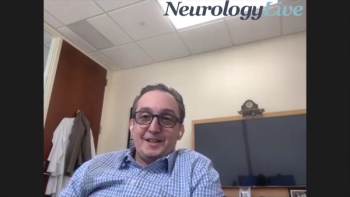
The executive director of the Norman Fixel Institute for Neurological Diseases provided his thoughts on changing the perception of humanitarian device exemptions.
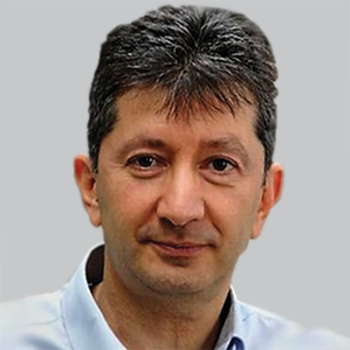
Results from the post-hoc analysis, funded by Mitsubishi Tanabe Pharma America, were recently announced.

Inclusion of measures of other factors that may influence modified cerebral Functional System Score, such as pain, and sleep quality and insomnia, were noted for future research.

Complete results of the study are expected to be published in early 2021 in a peer reviewed neurology journal.

Treating Alzheimer disease presents a spiderweb of complexity for physicians, and its intricacies have made assessing therapies equally puzzling.
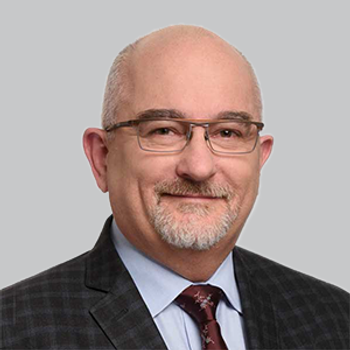
These data follow a recent announcement from Sio Gene Therapies that the first patient in the high-dose cohort has been dosed.
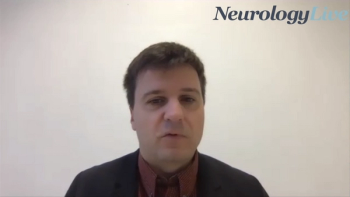
The neurologist from Universitätsmedizin Berlin and Berlin Institute of Health provided his insight on the reasons for the limited number of FDA-approved seizure forecasting devices.

Efficacy was observed in patients with DEEs such as West Syndrome, Lennox-Gastaut syndrome, and Dravet syndrome.

Eric Segal, MD, director of pediatric epilepsy, HMH Hackensack University Medical Center, detailed his study on diazepam nasal spray in patients with and without antiseizure medications.

Patients with any presence of small vessel disease had a 2-times greater risk of recurrent ischemic stroke than those without.
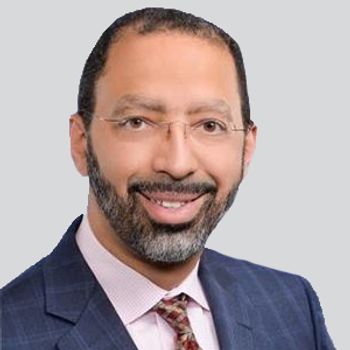
Data used from the ENSEMBLE PLUS study showed a comparable frequency of infusion reactions between those who received the 2-hour infusion and the 3.5-hour infusion.

The novel gold nanocrystal suspension has also been shown to remyelinate chronic MS lesions.
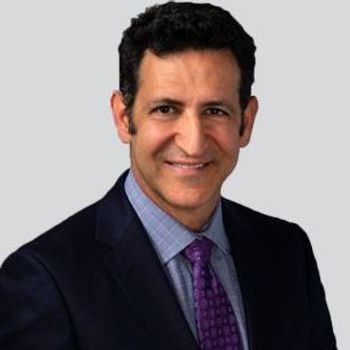
After a sudden reversal and complex analyses, aducanumab’s future rests in the hands of the FDA while the community stands split on if the available data are enough to justify an approval.

The StrokeViewer tool is currently in use in Australia and Europe and has led to reduced patient disability in the short-term and more clot removals performed.

The pediatric neurologist at Montefiore Health System explains the importance of treating infantile spasms as early as possible and how it may impact outcomes.
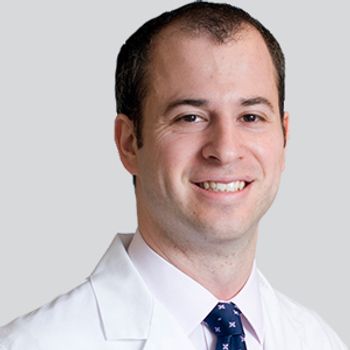
Future studies are necessary to determine whether longer treatment of ezogabine can sustain the effects on excitability and slow disease progression.
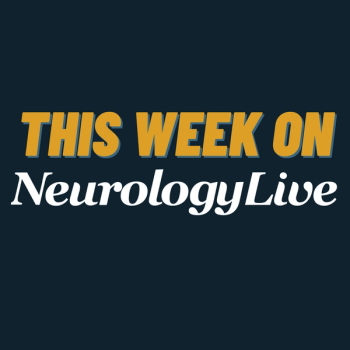
Here's what is coming soon to NeurologyLive.

Stephen Krieger, MD, discusses a new phase 3 trial of nabiximols, which is now recruiting patients with MS.

MDS-UPDRS score improvements from baseline were significantly greater in patients using the Personal KinetiGraph.
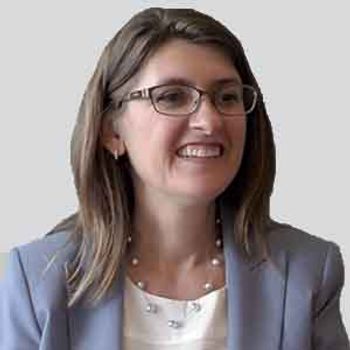
Kelly Knupp, MD, pediatric neurologist and epilepsy specialist, Children’s Hospital Colorado, detailed the findings of fenfluramine in patients with Lennox-Gastaut syndrome and how it may shake up the treatment landscape.

The neurologist at the Barrow Neurological Institute gave her thoughts on how telemedicine has evolved throughout this year and its potential moving forward.

Neurology News Network for the week ending December 12, 2020.

Pimavanserin (Nuplazid; Acadia) is indicated for hallucinations and delusions associated with Parkinson disease psychosis, and the capsules can now be emptied onto food for patients with swallowing issues.

Take 5 minutes to catch up on NeurologyLive's highlights from the week ending December 11, 2020.
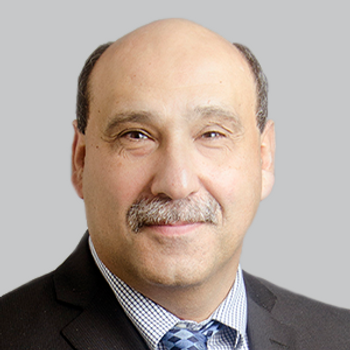
Seizure reduction was observed to be sustained for up to 192 weeks in the Expanded Access Program data.

Treatment effects in favor of digital cognitive behavioral therapy were observed for insomnia severity, sleep efficiency, cognitive failures, fatigue, sleepiness, depression, and anxiety.